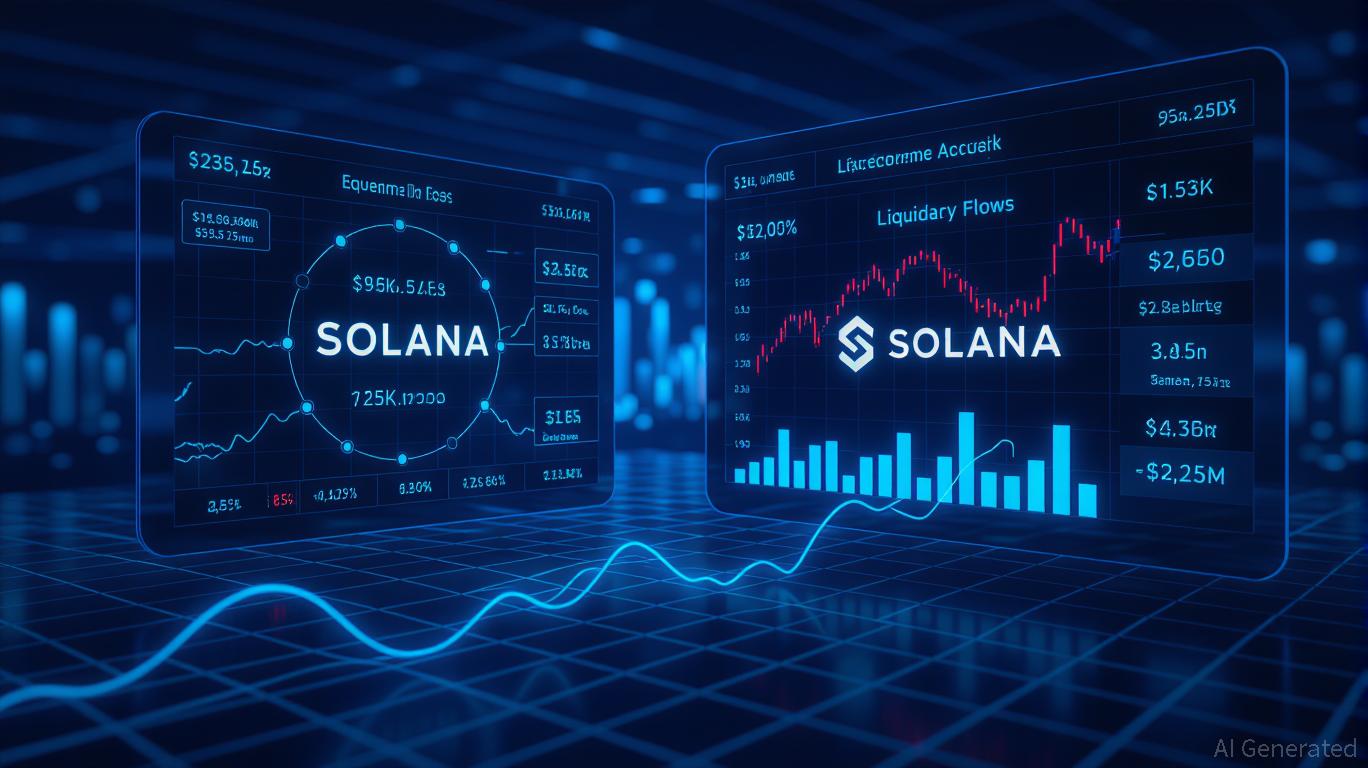Bitcoin Payments Approved for Ohio Taxes and State Services
Ohio has made a big move by allowing Bitcoin payments for tax bills and various state services. The State Board of Deposit came together to choose a provider for processing these crypto transactions. For the first time, citizens can pay for public duties using digital currency.
In this effort, Treasurer Robert Sprague and Secretary of State Frank LaRose have been significant. They are framing it as a means of upgrading and also recognizing that people are moving into crypto adoption.
Bitcoin Payments Take Root in Ohio Treasury
After months of careful review and an overall vote this year, it’s finally happening! Soon, people will be able to pay their taxes and fees using cryptocurrency . LaRose stated that his office handles thousands of filings yearly, and a substantial increase in those seeking digital options.
This system complies with previous laws that exempted people from reporting capital gains on crypto transactions under $200. Lawmakers say this is a great way to simplify things and reduce paperwork. Additionally, this simplifies matters for both individuals and businesses.
Can Ohio Drive Faster Public Crypto Acceptance?
Officials are feeling pretty optimistic about this change. They see it as a big step forward in modernizing how our state handles finances. Offices that deal with registrations, license renewals, and all that paperwork will be the ones to begin accepting Bitcoin payments. Honestly, this should make things a lot easier for everyone, both the residents and the agencies.
Meanwhile, Ohio’s lawmakers are pushing forward with the Blockchain Basics Act. This would stop cities from banning digital assets. And there’s also talk of establishing an Ohio Strategic Crypto Reserve. Basically, a fund where the state would keep digital assets as part of its financial portfolio. Thus, it seems like these moves show that adopting crypto is becoming an essential aspect of Ohio’s financial landscape.
State Services Could Evolve With Blockchain Growth
They’re starting with a few specific agencies first, and then they’ll gradually roll it out to more state services. Officials are optimistic, believing that as the facility improves and regulations become clearer, additional agencies will eventually join this system. And, if Ohio’s experiment works out well, it might inspire other states across the U.S. Furthermore, it might facilitate the integration of crypto adoption into public finance nationwide.
Bitcoin Payments Redefine Future Of State Finance
Ohio move to allow Bitcoin payments for taxes and services? That’s a big deal! It’s combining public finance and technology in an attempt to set the stage for additional states to follow suit. Sure, there are still some bumps to navigate, like security and compliance issues.
But Ohio is definitely stepping up as a leader in the world of cryptocurrency. If this program takes off, who knows? It could change the way people interact with state services altogether. Additionally, it may even spark a trend across the country, accelerating crypto adoption in government systems and public finance.
Disclaimer: The content of this article solely reflects the author's opinion and does not represent the platform in any capacity. This article is not intended to serve as a reference for making investment decisions.
You may also like
Ethereum News Update: Amundi’s Integrated Approach Connects Blockchain with Conventional Financial Regulations
- Amundi, Europe's largest asset manager, launched its first Ethereum-based tokenized money-market fund, enabling 24/7 settlements and transparent record-keeping via blockchain. - The hybrid model, developed with CACEIS, combines traditional fund operations with blockchain-based ownership, preserving regulatory compliance while expanding investor access. - Ethereum's dominance in stablecoin and RWA transfers ($105.94B in 30 days) underscores its role in accelerating tokenization, with Amundi positioning it

XRP News Today: XRP ETFs Drive Price Increases, While Solana ETFs Ease Selling Pressure
- XRP ETFs raised $587M in inflows since late November, outpacing Solana's $568M as investors favor altcoins with regulatory clarity and utility. - Bitwise XRP ETF's $107M debut and zero-fee strategy drove momentum, while Solana ETFs faced $156M weekly outflows due to network reliability concerns. - XRP's inflows acted as a "battering ram" pushing prices above $2.27, contrasting Solana's ETFs which merely dampened sell pressure without reversing its decline. - Analysts predict XRP could reach $3 by Decembe

The Federal Reserve's Change in Policy and Its Impact on Alternative Cryptocurrencies Such as Solana
- Fed's 2025 policy shifts, including rate cuts and stablecoin regulations, are reshaping altcoin markets by altering liquidity and risk appetite. - Solana's Alpenglow upgrade (150ms finality, 1M TPS) addresses scalability issues, aligning with Fed's AI-driven infrastructure focus despite network reliability concerns. - Institutional inflows into Solana ETFs ($100M AUM) contrast with retail caution (78% HODLers in red), highlighting divergent risk perceptions amid 30% price corrections. - Divergent ETF flo

Avail's Intent-Driven Nexus Addresses the Issue of Fragmented Liquidity Across Chains
- Avail launches Nexus Mainnet, a cross-chain solution unifying liquidity across Ethereum , Solana , and EVM networks. - The intent-solver model enables seamless asset transfers without technical complexities, streamlining user experiences. - Developers gain modular tools for multichain integration, reducing costs as cross-chain liquidity demand grows. - Nexus abstracts execution layers, offering unified balances and execution while addressing fragmentation challenges. - With $50B+ in cross-chain activity

